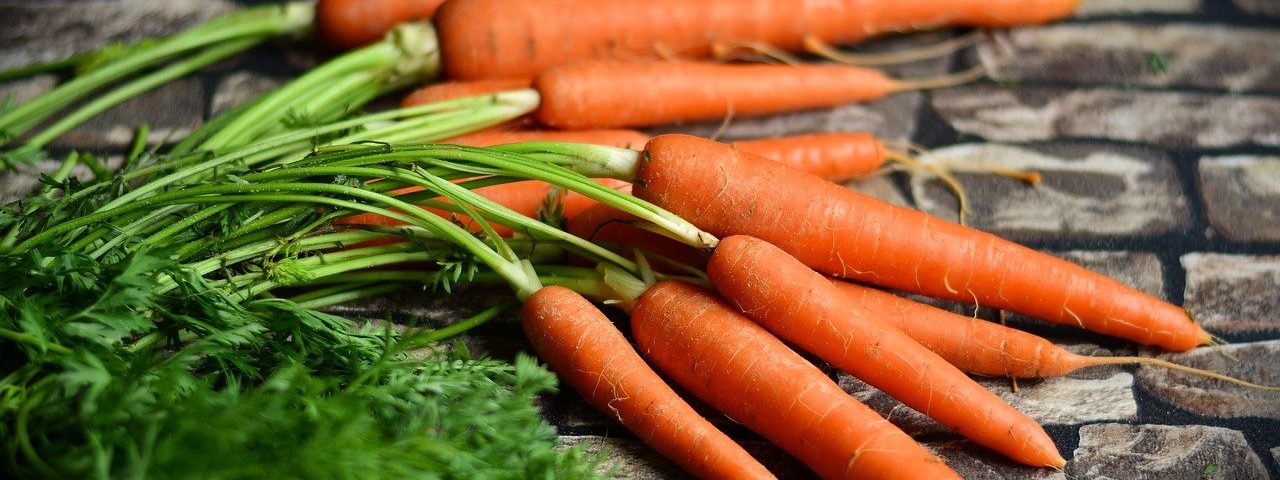Foods high in beta-carotene, such as carrots or sweet potatoes, could potentially be useful in managing cholesterol levels.
In a new study in “The Journal of Nutrition”, researchers fed beta-carotene to mice. During the conversion process from beta-carotene to vitamin A, the enzyme beta-carotene oxygenase 1 (BCO1) increased dramatically. Non-HDL cholesterol levels decreased significantly, and this decrease was directly correlated with BCO1 activity.
Conclusions
The conversion process from beta-carotene to vitamin A may reduce cholesterol levels in the bloodstream, which in some cases may reduce the risk for atherosclerotic development. If so, foods high in beta-carotenes, such as carrots and sweet potatoes, may be particularly valuable. Future research on this topic would be valuable to determine if the same results are evident in human subjects.
References
